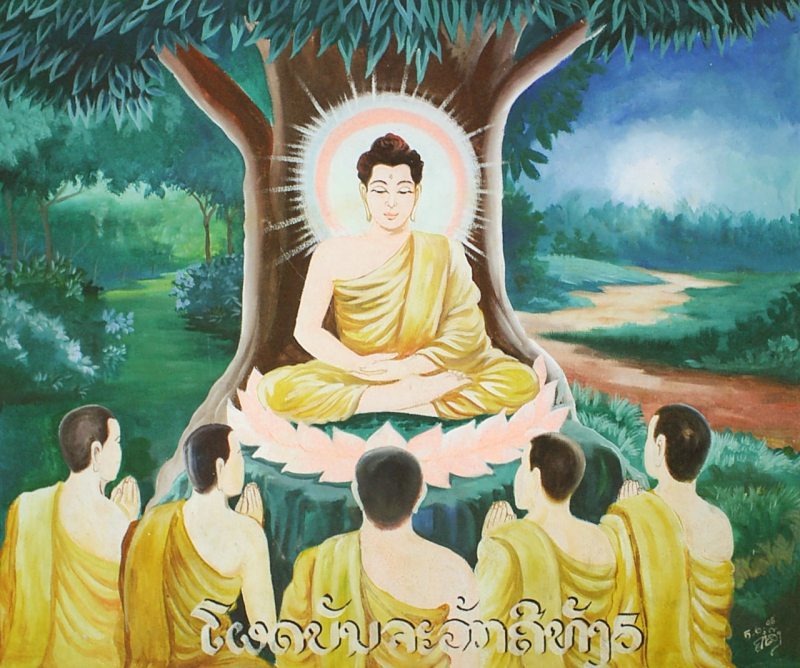Ignorance
Ignorance, known as Avidya, is the starting point or the state from which individuals progress toward enlightenment. It is characterized by misunderstanding, delusion, or a lack of awareness concerning the true essence of reality, the self, and the interconnectedness of all existence. Avidya is often identified as the fundamental source of suffering and the perpetual cycle of birth and rebirth.
Avidya leads individuals to misidentify the impermanent and ever-changing aspects of existence as permanent and unchanging. This misapprehension gives rise to attachments, desires, and fears. In Buddhism, ignorance stands alongside greed and hatred as one of the Three Poisons, seen as the primary wellsprings of suffering and the underlying drivers of negative actions and emotions.
Overcoming ignorance transcends accumulating intellectual knowledge and cultivating wisdom through direct experiential realization. This transformative wisdom reshapes one's perception, behavior, and comprehension of the world. The voyage from ignorance to enlightenment entails a profound shift in consciousness.
Ignorance holds foundational importance within Eastern spiritual philosophies. It signifies a lack of awareness or misconceptions about the genuine nature of reality and the self, precipitating suffering and the cycle of birth and rebirth. Conquering ignorance is a pivotal facet of the spiritual expedition, ultimately guiding toward wisdom, self-discovery, and emancipation.










